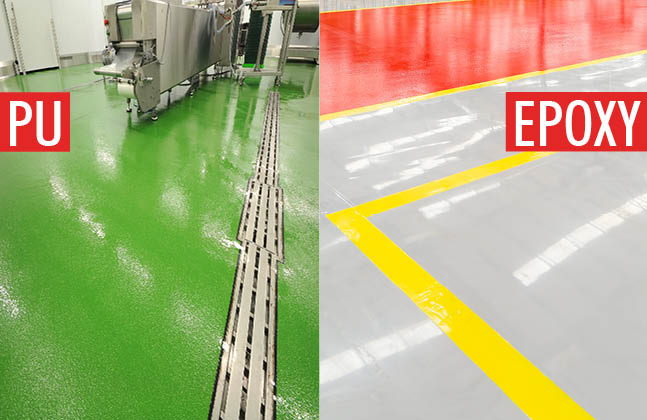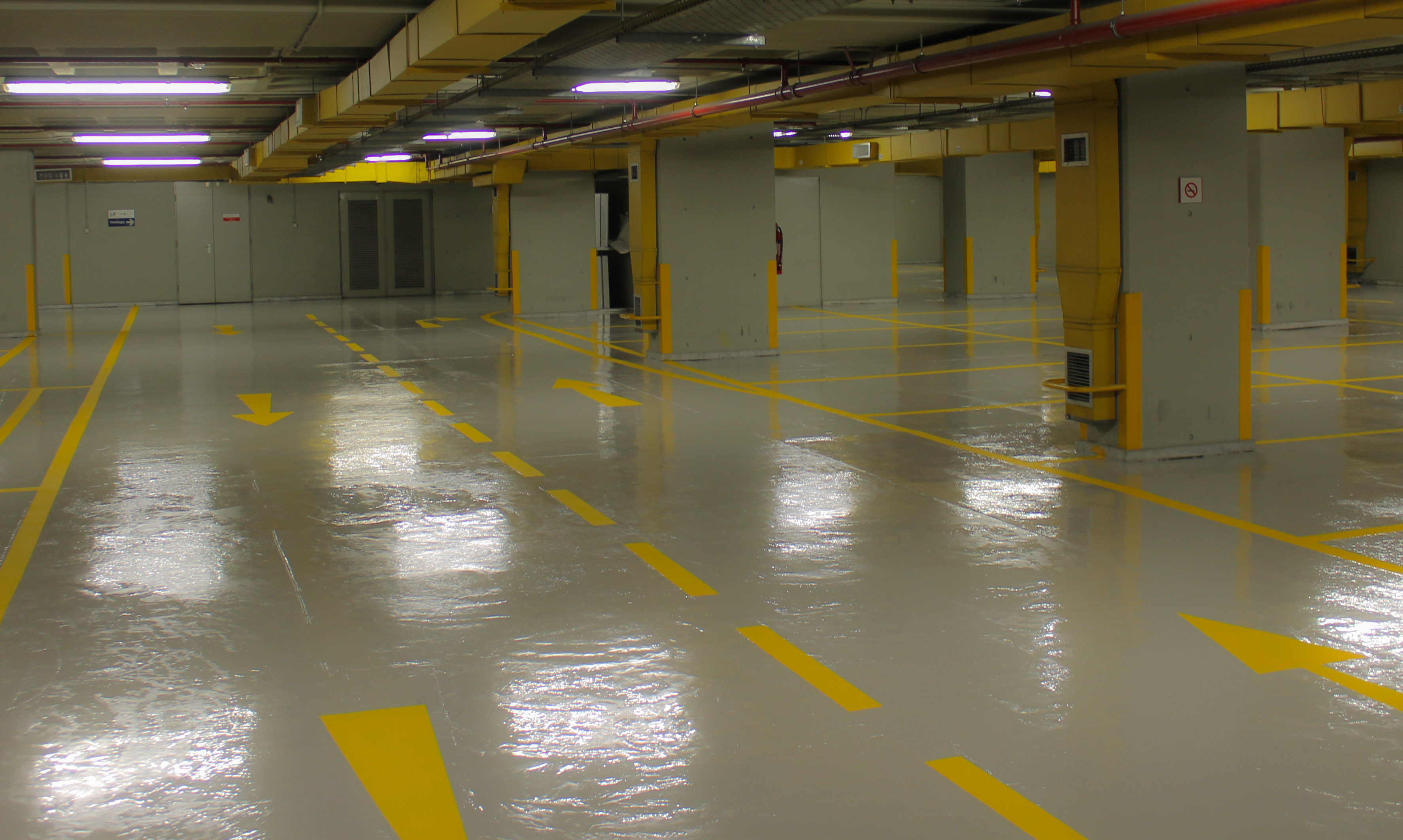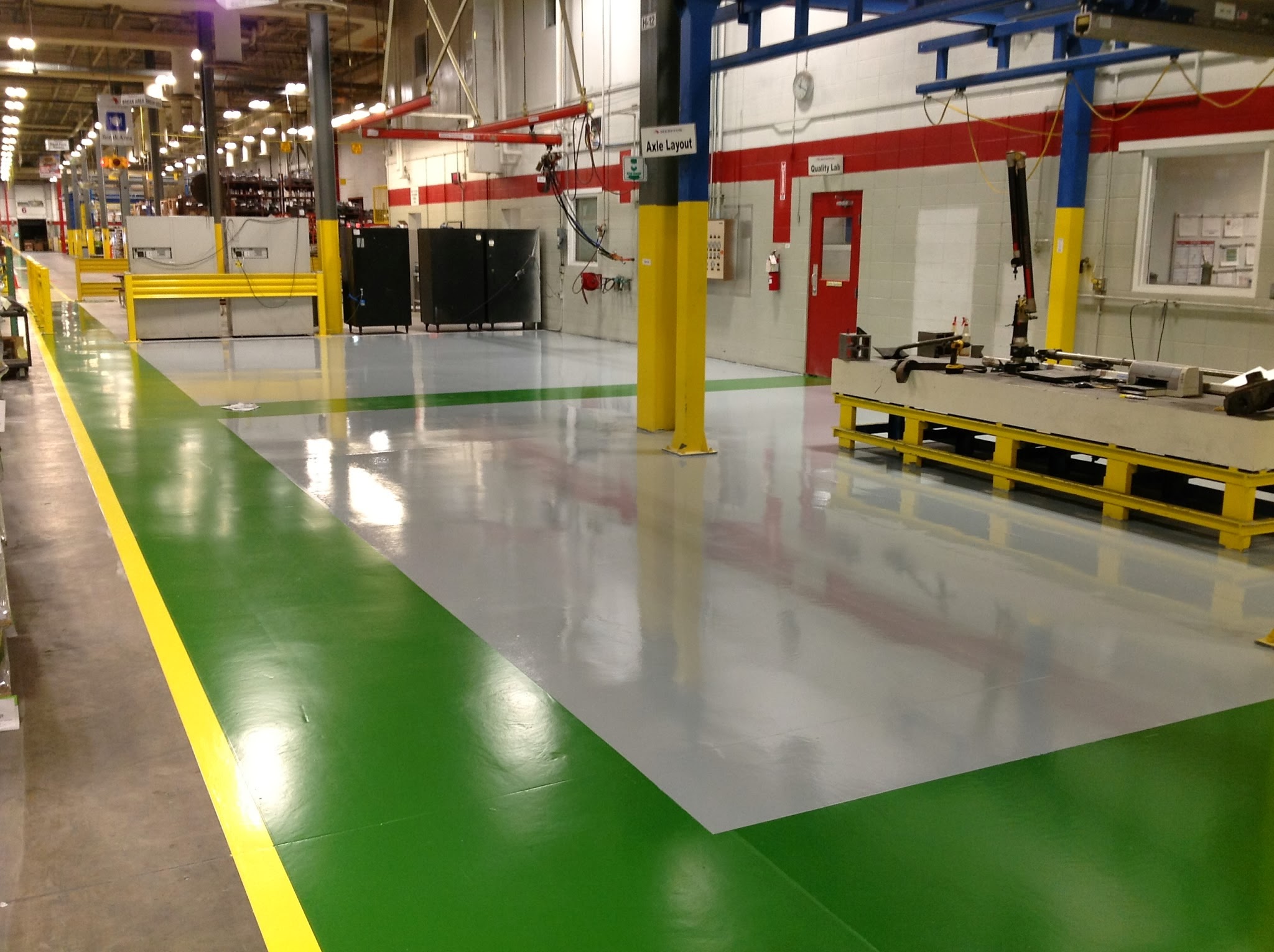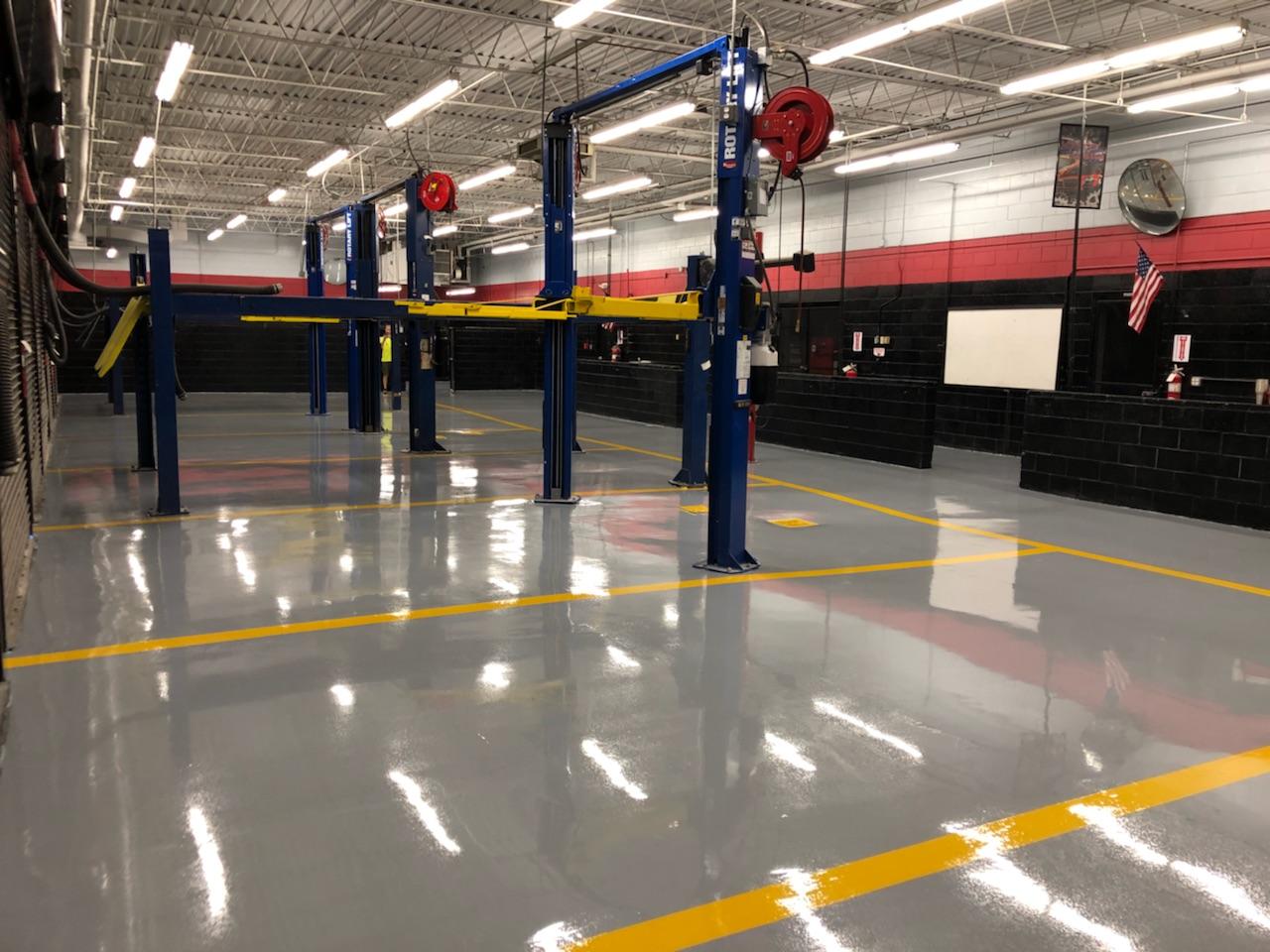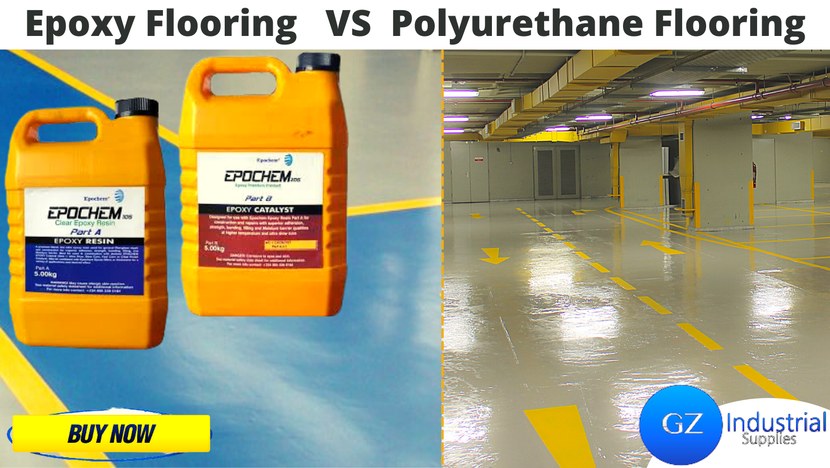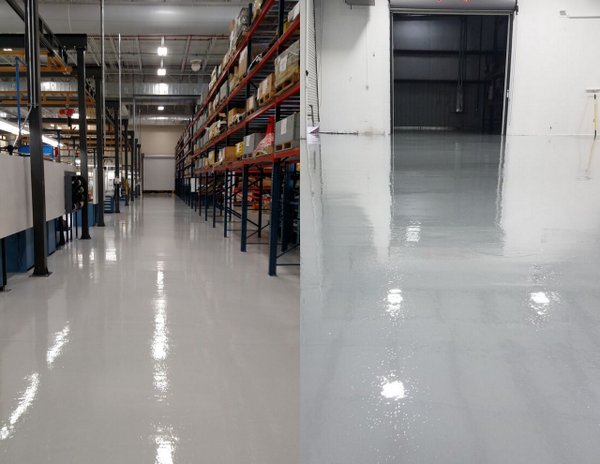When it comes to flooring solutions, epoxy and polyurethane are often top contenders. Both options offer durability and aesthetic appeal, but they come with distinct characteristics. Epoxy flooring is well-known for its high strength and ability to withstand heavy loads, making it ideal for industrial and commercial settings. Its seamless, glossy finish enhances the look of any space, providing a professional and clean appearance.
Polyurethane flooring, on the other hand, is renowned for its flexibility and resistance to scratching and chemicals. This makes it an excellent choice for areas with heavy foot traffic or where spills are common, such as kitchens and garages. The soft texture of polyurethane also provides a more comfortable walking surface compared to the hardness of epoxy. Additionally, it can be applied over various substrates, adding to its versatility.
When considering installation, epoxy flooring typically requires more prep work to ensure a smooth application. It bonds well to concrete but can be more challenging to apply on uneven surfaces. On the contrary, polyurethane flooring is easier to install, conforming to the underlying surface and providing a uniform finish. Both options can benefit from professional installation to ensure optimal results and longevity.
In terms of aesthetics, epoxy floors offer vibrant colors and high-gloss finishes that can be customized to match specific design schemes. Polyurethane floors, while also customizable, tend to have a more subtle and matte appearance. This difference in finish can influence the overall ambiance of a space, making epoxy more suitable for showrooms and polyurethane for practical areas.
Ultimately, the choice between epoxy and polyurethane flooring depends on your specific needs and use conditions. Epoxy’s strength and polished look make it ideal for industrial and commercial environments, while polyurethane’s durability and flexibility are better suited for residential areas and spaces with high foot traffic. Understanding these differences will help you make an informed decision to meet your flooring requirements.
Epoxy vs. Urethane Concrete Floor Coatings
Epoxy vs. Polyurethane Coatings – Which One to Choose?
Epoxy Flooring Versus Polyurethane Flooring – GZ Industrial Supplies
Urethane Coatings Vs. Epoxy Coatings: Which Is Better?
Epoxy v. Polyurethane: Which Coating is better? – Epoxy Central
Epoxy vs polyurethane floors. What are the differences
Polyurethane vs. Epoxy – Woodworking Trade
Related Posts:

